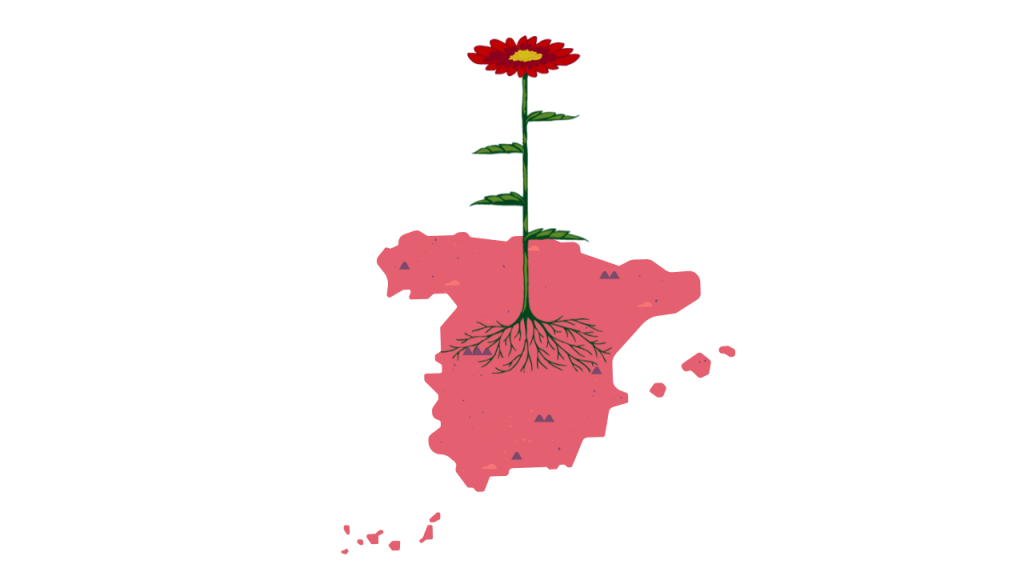Introduction: After the Honeymoon Phase
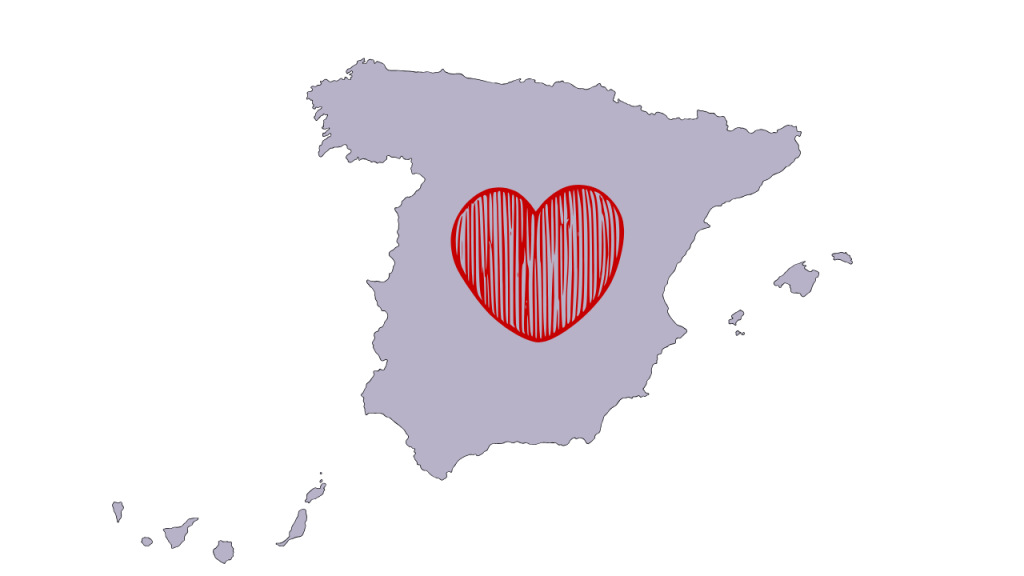
There’s a moment — usually quiet and ordinary — when it hits you:
You’re not new here anymore. You’re settled abroad now.
You know how to call the plumber without panicking. You’ve got a favorite bakery, a local grocery store, maybe even a go-to park bench. Your phone doesn’t autocorrect your new city’s name anymore. It’s not “abroad” now — it’s just life.
And that’s when the questions start to change.
It’s no longer “How do I get my residence permit?” or “Where do I find good coffee?” It becomes “Do I really want to live here long-term?” or “Can I imagine raising a family here?” or even “Will I regret not being closer to my parents?”
This stage doesn’t get as much attention. No one warns you that once the excitement settles and your life feels… stable, the real emotional unpacking begins. If the early days of moving abroad are all about logistics and adrenaline, this next phase is about meaning and choice.
Do I Want to Stay Here Forever?
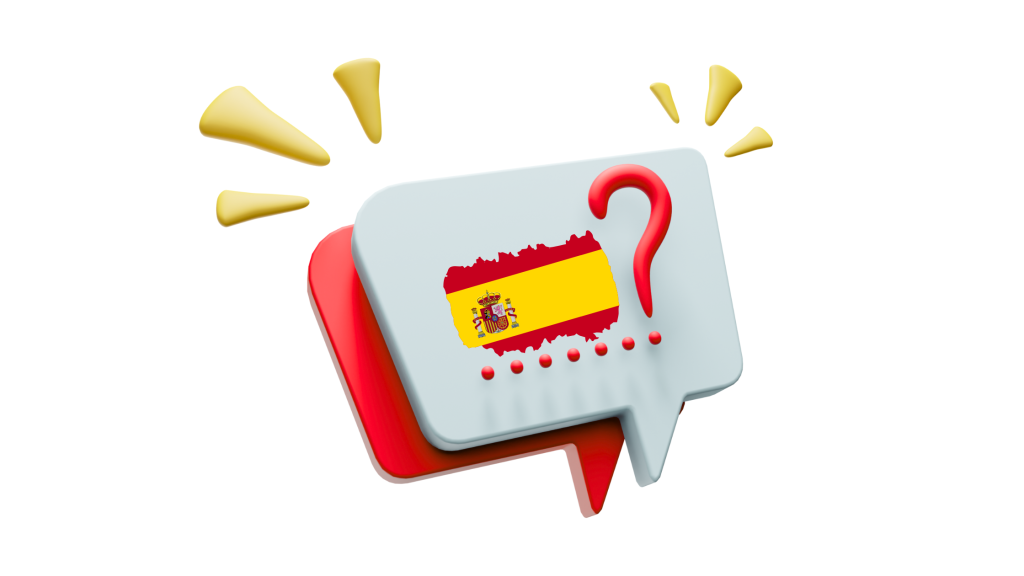
At first, the move felt temporary. Maybe it was a “let’s try it for a year” situation, or you promised yourself you’d re-evaluate after your contract ended. But now, it’s been years. You’ve signed multiple leases, your name is on bills, you know where to get the good bread, and you’ve developed a sense of rhythm. This place — once foreign, exciting, uncertain — now feels familiar. You’ve settled abroad in ways you didn’t quite anticipate.
And yet, you still haven’t fully decided if this is it.
Are you staying here because you truly want to? Or because going back — or moving somewhere else — sounds like too much effort, too much uncertainty, too much paperwork?
There’s a strange in-between feeling that comes with being “pretty settled” but not fully anchored. You’re no longer wide-eyed and adjusting, but you’re also not totally at peace. Friends back home might assume you’ve “made a life” for yourself — and in many ways, you have. But part of you still wonders: Was this meant to be a chapter, or the whole book?
Maybe it sneaks up on you when you’re walking home from work, or after a frustrating encounter where you’re reminded that no matter how fluent or culturally aware you are, you’re still not from here. Or maybe it shows up after a trip back to your home country, when you’re struck by a weird mix of nostalgia and relief to return.
This is the stage where the logistics fade and the bigger questions emerge.
Questions like: Am I still growing here? Is this place aligned with the life I imagine long-term? Could I imagine being old here? And perhaps hardest of all — Would I regret leaving? Or regret staying?
There’s no universal answer, and that’s part of the discomfort.
This isn’t about having a fixed plan. It’s about tuning in to the subtler shifts — the ones that tell you you’re building a life, piece by piece, even while you’re still deciding where that life should be.
Maybe that’s what growing roots looks like: not certainty, but curiosity.
What the Kids & Marriage Conversation Looks Like When You’re Settled Abroad
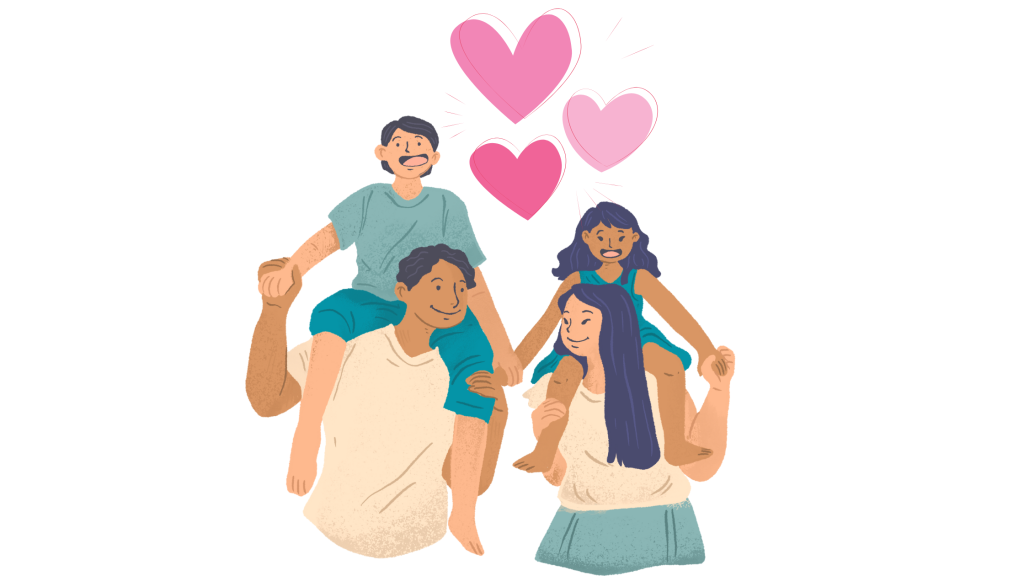
This is the point where short-term choices start carrying long-term weight. Maybe you’re in a relationship, maybe not. Maybe you’ve sworn off the idea of kids, or maybe you feel a quiet (or loud) ticking in the background. Either way, the question starts hovering: What kind of life am I building here? And who, if anyone, am I building it with?
Living abroad makes these questions more layered. If you’re dating someone local, you may have cultural differences to navigate — from how you express love to how you imagine raising children. If you’re with another expat, you might face different questions: Whose home country becomes the “default” for major life steps? Where do you settle down if both of you feel half-rooted?
And if you’re single, there’s often a quiet pressure: Should I move somewhere with more dating prospects? Would I have already met someone if I’d stayed back home?
This doesn’t mean you’re desperate — just aware that geography shapes opportunities, whether we like it or not.
Then there’s the kid question. If children are something you want, suddenly everything feels more serious. The healthcare system, work-life balance, cost of living, access to family, support networks — all of it matters in a new way. You might look around and wonder: Do I want to raise a child in this country? Will they grow up feeling “from” here? Will I always be the foreign parent at school drop-off?
Marriage, too, can feel logistically and emotionally complex when you’re abroad. Paperwork, visas, dual citizenships — all practical headaches. But underneath that is something more emotional: What does “home” mean when it’s not the same for both of you?
These aren’t just logistical decisions — they’re deeply emotional, and they can be quietly isolating. You might not have close friends nearby going through the same things. Your family might not fully grasp the context. And yet, here you are, trying to map out a future with one foot in two (or more) worlds.
Aging Parents & the Guilt of Distance
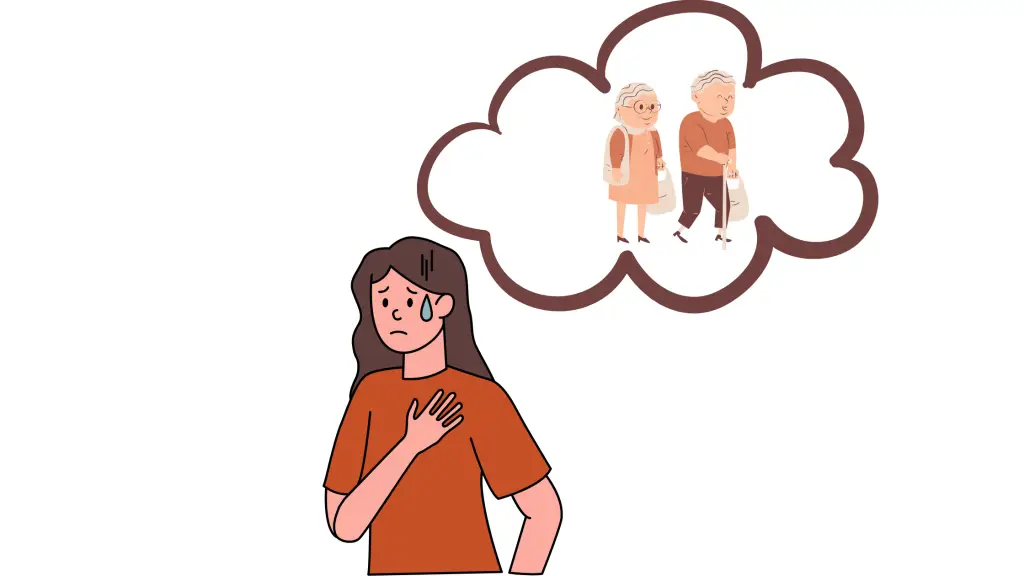
This is one of the hardest parts of living abroad — and no one really prepares you for it. When you first move, your parents are usually still relatively active, healthy, independent. You’re busy building a life, exploring, getting settled abroad. You visit when you can, they visit too, and it sort of works. But then time starts to shift things. Health scares. Memory lapses. A fall. A diagnosis. Suddenly, the miles between you feel heavier.
You start to notice little things. Their voice sounds weaker on the phone. They’re confused about technology. They ask when you’re coming back more often. And that’s when the guilt sets in — this low, constant hum in the background of your life. You wonder if you’re selfish. If you’re missing moments you’ll never get back. If one day, you’ll look back and wish you had just gone home sooner.
There’s also the logistical nightmare: coordinating care from a distance, dealing with medical bureaucracy in another language, trying to explain a system you’re not part of anymore. And then there’s the emotional toll of not being there — of watching your family deal with things over WhatsApp or patchy video calls, feeling helpless and too far removed.
And the question creeps in: Should I go back?
But going back isn’t always so simple. Your life is where you are now. Your job, your partner, your kids, your rhythm — they’re rooted in a different soil. Uprooting that for the sake of proximity doesn’t automatically fix anything. And staying doesn’t mean you don’t care.
The truth is, this stage forces you to live in a kind of in-between. You do what you can: visit more often, send money, call regularly, research options, stay informed. But the guilt might never fully go away — and maybe that’s part of the deal. Choosing to live abroad comes with gains, but it also comes with the burden of not always being able to be where you’re needed, when you’re needed.
You learn to carry that weight. Gently, imperfectly, and with a deep respect for the love that caused it.
Friendships & the Community Gap
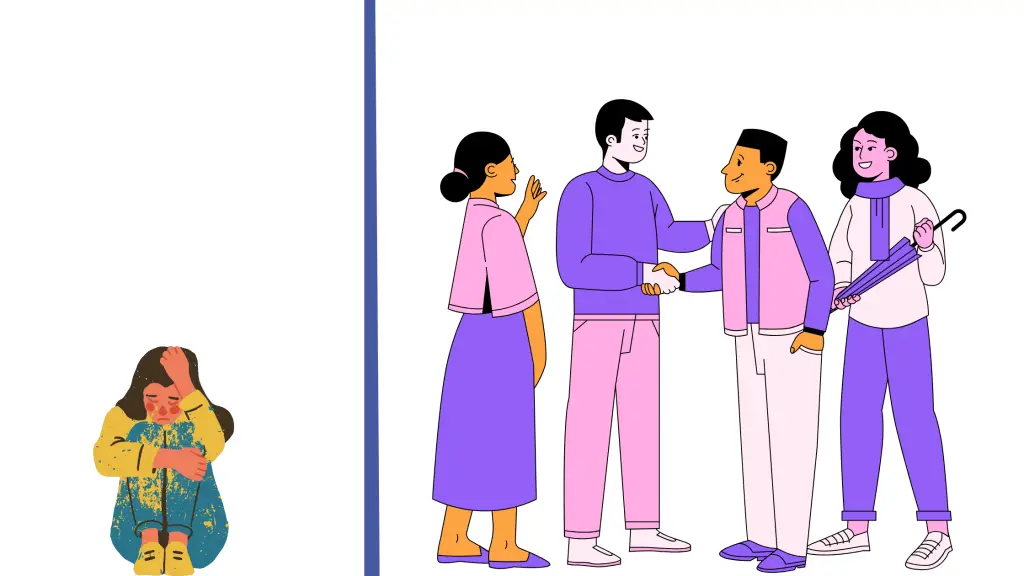
One of the most surprising challenges after you’ve settled abroad is the gradual realization that building deep, lasting friendships is harder than you might have imagined. Sure, you’ll meet people, maybe even form acquaintances, but those close-knit, “lifelong” friendships you had back home? They don’t just magically appear.
In the early days, the excitement of your new surroundings can mask the loneliness you might feel when it comes to meaningful connections. You might be surrounded by friendly faces and have plenty of social events, but you’ll soon notice that the conversations just don’t have the same depth as the ones you’re used to. There’s no one around who really knows you—the quirks, the history, the old jokes you’ve shared over years. Without these connections, it can feel like you’re always in a kind of emotional limbo.
Building new friendships takes time and patience. You might start by joining meetups, taking part in local events, or even reaching out to people you casually meet. But it’s the consistency and emotional vulnerability that eventually pave the way for deeper connections. And that’s where the challenge lies—these things don’t always come easily in a new culture, especially if you don’t share the same social norms or language.
But it’s not just about making new friends—it’s also about navigating the community gap. No matter how long you’ve been living abroad, there’s always a piece of the puzzle that feels foreign. The local customs, the ways people interact, the community you’re trying to be part of—it all takes time to understand, and sometimes, even longer to truly belong in.
The truth is, you might always feel like an outsider in some way, even as you find your place. But what’s important is making those connections where you can, and recognizing that it’s okay to miss the comfort of home. Finding a balance between embracing your new environment and holding on to your roots can be key to feeling settled. And over time, you’ll realize that friendships—real, meaningful ones—will come when you least expect them, usually when you stop searching so hard for them.
Career Growth & the “Ceiling” Abroad
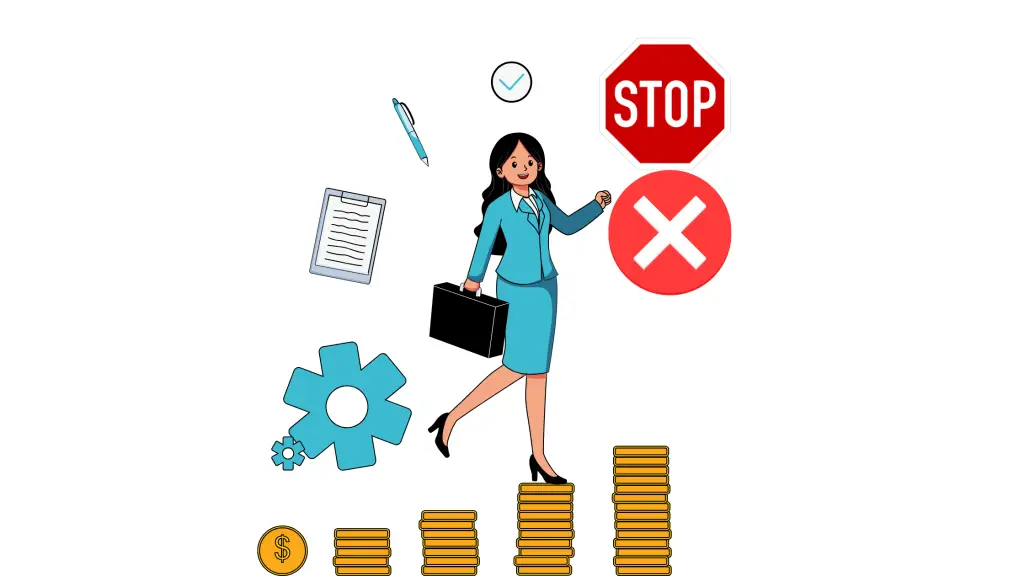
You’ve found your groove in Spain—the sunny days, the relaxed pace, and that unbeatable work-life balance. It feels like a dream come true, but after a few years of being settled abroad, you might start wondering, “What’s next?” You’ve built your life here, but is your career really going to grow in the same way it might have back home?
Spain offers a fantastic quality of life, and it’s a place where many come to live at a slower pace, perhaps even start a family or a small business. For some, this is exactly the lifestyle they’ve been dreaming of. Jobs in areas like digital marketing, teaching, or hospitality are available, and it’s easy enough to get by without knowing much Spanish, especially in big cities like Madrid or Barcelona. But as time goes on, the path forward can start to feel a little murky.
The reality? Spain isn’t exactly a hotbed for fast career advancement—especially if you’re looking to climb the corporate ladder. Salaries can be lower than what you might find in other European countries, and the economy, while stable, doesn’t offer the same opportunities as cities like London, Berlin, or New York. If you’re looking for growth, you may quickly hit a ceiling, especially if your Spanish isn’t strong. While English is widely spoken, top-tier positions often require fluency in the language and a deep understanding of the culture.
That said, it’s not all bad. If you’re happy with the pace of life and you’re not aiming for rapid career advancement, Spain can be perfect. But if you want to grow, be prepared to get creative—whether it’s freelancing, starting a business, or working remotely for a company outside Spain. It’s about knowing what you’re willing to sacrifice and what you value more: the lifestyle or the career climb.
Conclusion: Choosing Your Version of ‘Settled Abroad’
Living abroad isn’t just one big adventure — it’s a series of quiet choices, constant adjustments, and evolving questions. It starts with figuring out how to open a bank account or order a coffee, and turns into wondering where you want to grow old. And through each stage, you’re shaping a version of “home” that doesn’t always look like anyone else’s.
There’s no single way to do this right. Maybe you’ll decide to stay forever — or leave after ten years and still carry this place in your heart. Perhaps this is where you’ll build a family, or maybe you’ll realize you want to be closer to your own. You could grow your career in new ways, or find peace in finally slowing down. The point is — you get to choose. And that choice isn’t final. It can shift. It will shift.
If you’re in that uncertain phase — questioning whether you belong, missing old friends, worrying about your parents, feeling stuck in your job — know that you’re not alone. Many of us are quietly navigating the same thoughts. And there’s power in naming it, in admitting that even a good life can feel complicated sometimes.
So what’s the advice? Don’t rush the answers. Pay attention to how you feel, not just what makes sense on paper. Be honest about what matters to you — stability, adventure, connection, ambition, family — and give yourself permission to want more than one thing at once.
Maybe being “settled” abroad doesn’t mean you’ve arrived. Maybe it means you’re learning to live in the in-between — curious, thoughtful, and open to whatever comes next.
And if any of this resonates, I’d love to hear your story. What phase are you in?

